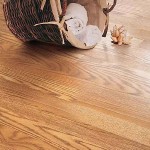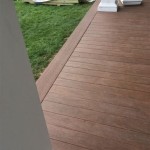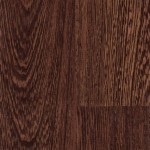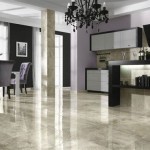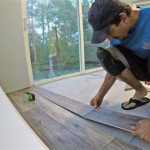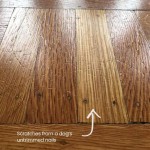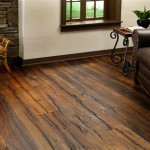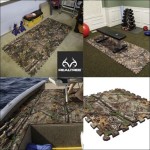Vinyl Glue Down Plank Flooring: A Guide to Its Essential Aspects
Vinyl glue down plank flooring has become increasingly popular in recent years due to its durability, affordability, and ease of maintenance. Unlike other types of vinyl flooring, glue down planks require a strong adhesive to secure them to the subfloor, creating a more permanent installation. Understanding the essential aspects of vinyl glue down plank flooring is crucial before making an informed decision for your home.
Material and Composition
Vinyl glue down planks are manufactured using a multi-layer construction. The top layer typically consists of a durable vinyl wear layer that resists scratches and wear. Beneath the wear layer is a printed design layer that provides the desired aesthetic, such as wood, stone, or tile. The core layer, made of rigid vinyl or a blend of materials, provides stability and rigidity to the planks. A backing layer on the bottom ensures a secure bond with the adhesive.
Adhesive Selection
Choosing the right adhesive is essential for a successful glue down installation. Water-based adhesives are commonly used for vinyl glue down planks, as they offer strong bonding strength and allow for some repositioning during installation. Solvent-based adhesives provide a faster bond but require more skill to apply and may emit strong fumes. Consult the manufacturer's recommendations or seek professional advice to determine the most suitable adhesive for your specific flooring and subfloor.
Subfloor Preparation
Preparing the subfloor is crucial for a smooth and secure installation. The subfloor should be flat, level, and free from any debris, bumps, or depressions. Uneven floors can lead to loose planks and premature wear. If necessary, use self-leveling compounds or underlayment to address any imperfections.
Installation Process
Installing vinyl glue down planks requires careful planning and precise execution. Begin by applying a thin layer of adhesive to the subfloor using a notched trowel. Carefully place the planks on the adhesive, staggering the joints for added strength. Use a tapping block and mallet to ensure a secure bond. Allow the adhesive to fully cure according to the manufacturer's instructions before walking on the floor or placing furniture.
Maintenance and Care
Maintaining vinyl glue down plank flooring is relatively easy. Regular sweeping or vacuuming removes dirt and debris. For deeper cleaning, use a damp microfiber mop with a mild detergent. Avoid using harsh chemicals or abrasive cleaners, as they can damage the finish. Protective floor mats at doorways help minimize dirt and wear from footwear.

Floating Vinyl Plank Flooring Vs Glue Down 99cent Floor

Does Vinyl Flooring Need To Be Glued Down Thediyplan

A Surfaces Woodlett Outerbanks Grey 12 Mil X 6 In W 48 L Glue Down Water Resistant Vinyl Plank Flooring 36 Sqft Case Hd Lvg2024 0034 The Home Depot

Glue Down Vs Floating Lvp Which Is Better Whole Cabinet Supply

Glue Down Vinyl Flooring Lifestepp

Glue Down Vs Floating Vinyl Flooring Pros And Cons

Lean About Everlife Glue Down And Plank Flooring

Msi Timbero Aristocrat 7 In X 48 Glue Down Luxury Vinyl Plank Flooring 39 52 Sq Ft Case Com

Reviews For Deco S Colors Glue Down Floor And Wall Diy Samba Wood Aged 6 In X 36 Multi Tonal Luxury Vinyl Plank 30 Sq Ft Case Pg 3 The Home Depot

Deco S Colors 6 X 36 In Mambo Wood Glue Down Luxury Vinyl Plank 30 Ft² Cms2 Rona

